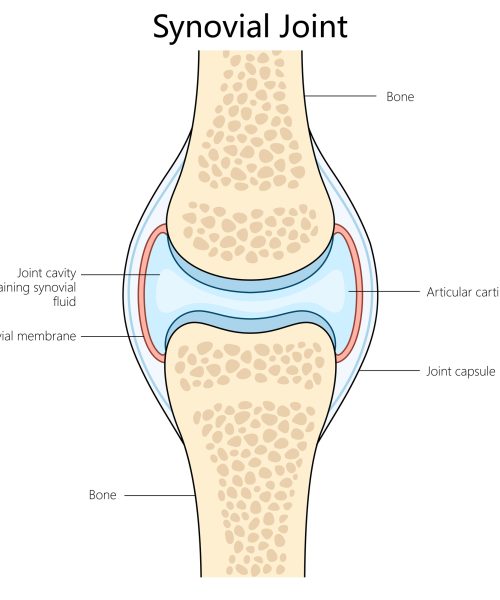It’s two o’clock in the morning and you find yourself awake, thinking about that leftover pizza you’ve got in the fridge. But is a middle-of-the-night snackfest going to cause you to put on extra pounds? The answer isn’t so cut and dry.
“If you’re eating all of your calories late in the evening, it’s possible that you’re eating more than what you need,” says Melissa Mroz-Planells, a registered dietitian nutritionist and spokesperson for the Academy of Nutrition and Dietetics. “This can contribute to weight gain.”
When we’re tired, our bodies often crave sugary foods and carbohydrates for quick bursts of energy, which is why we find ourselves reaching for that bag of potato chips or pint of lager or scoop of ice cream late at night. “This can cause us to consume more calories than if we had eaten earlier in the day,” says Mroz-Planells.
But caloric balance—matching the amount of calories we consume over a 24-hour period with the number of calories we’ve burned—is crucial for keeping the scale steady. If we do find ourselves hungry in the middle of the night, a healthier late night snack would be some sliced apples with a tablespoon or two of nut butter, or plain yogurt topped with some berries. “Focus on smaller portions,” she says. “Steer clear of the pastries and chips and go instead for the protein rich, fiber-rich foods.”
Related Sleep Stories
How late-night meals disrupt your body clock
Studies have shown that late-night eating can disrupt a body’s natural circadian rhythm, the natural, internal processes that regulate our 24-hour clock. Daylight and nighttime cycles strongly influence our circadian rhythm. When we sleep, our bodies enter a state of rest and both our metabolism and digestive system slows, meaning they’re less efficient at processing food for energy: This can cause us to gain weight over time.
Shift workers—those individuals who are working when we are typically sleeping—are also at increased risk of obesity, in part because the disruption to circadian rhythms disturbs their metabolism. But there are other factors at play as well, including inconsistent routines and a lack of physical activity outside of the workplace.
So, how is it that in countries like Spain and Italy, their residents tend to eat well into the evening without putting on extra pounds? “A lot of it probably has to do with lifestyle choices,” says Mroz-Planells. The amount that they eat also varies. For example, Spaniard’s largest meal, la comida, usually takes place midday between 2 p.m. and 4 p.m.. Dinner is much lighter, and though often eaten after 9 p.m., usually consists of a salad or tapas. Another fun fact: The sun actually sets very late in Spain, so they’re eating in tune with their circadian rhythm.

The link between eating and sleep quality
Most experts suggest that we should avoid eating a large meal between two to four hours before heading off to bed. More food intake requires our digestive system to work harder, which can keep our bodies from fully relaxing and negatively impact our sleep quality in the process.
Once our sleep gets disrupted, that’s a whole other ballgame. Poor sleep is significantly linked to weight gain for several reasons. It’s been shown to increase ghrelin (which signals hunger) and decrease leptin (which signals fullness), making us feel hungrier when we’re sleep deprived. It also causes cravings for highly caloric, carb-loaded foods—hence that middle-of-the-night pizza slice.
One way to thwart poor food choices at 3 a.m. is to eat a small snack (again, something that’s high in proteins and fiber, like a serving of air-popped popcorn mixed with some nuts) just before turning in at night. Not only can it ward off hunger until morning, but it can also help us sleep better.
Why consistency is key
“Scientifically there’s still no definitive answer to the question, [does eating late at night make you gain weight],” says Mroz-Planells. However, with both sleeping and eating, it all comes down to consistency. “If you are consistent in the time that you go to sleep and the time that you wake, this is almost as or equally as important as getting enough sleep. It’s a similar thing when it comes to food.” Eating at consistent times can help us regulate our body’s natural rhythms and assist with good sleep and digestion, which in turn can help us maintain a healthy weight.
Still, says Mroz-Planells, it’s important to listen to our systems. “Focus on hunger cues and balance your intake accordingly,” she says. But if it’s 2 a.m. and you’re starving, just consider reaching for that bowl of nuts rather than a bowl of ice cream.
This story is part of Popular Science’s Ask Us Anything series, where we answer your most outlandish, mind-burning questions, from the ordinary to the off-the-wall. Have something you’ve always wanted to know? Ask us.






